In their outdoor activities, Scouts learn to bring the clothing and gear they need, to make good plans, and do their best to manage any risks. But now and then, something unexpected happens. When things go wrong, the skills of wilderness survival can help make everything right again.
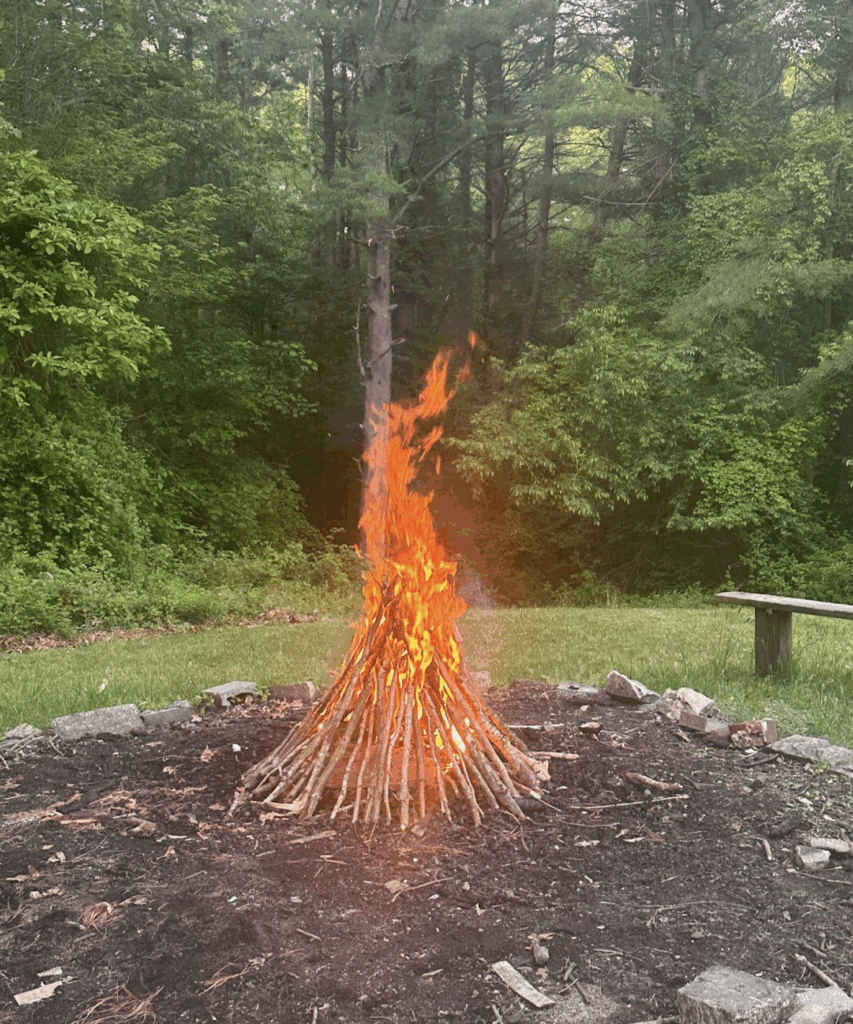
WE SURVIVED!
In order to complete the MB, campers needed to complete the following:
- Explain hazards you are most likely to encounter while participating in wilderness survival activities, and what you should do to anticipate, help prevent, mitigate, or lessen these hazards.
- Show that you know first aid for and how to prevent injuries or illnesses likely to occur in backcountry settings, including hypothermia, heat reactions, frostbite, dehydration, blisters, insect stings, tick bites, snakebites.
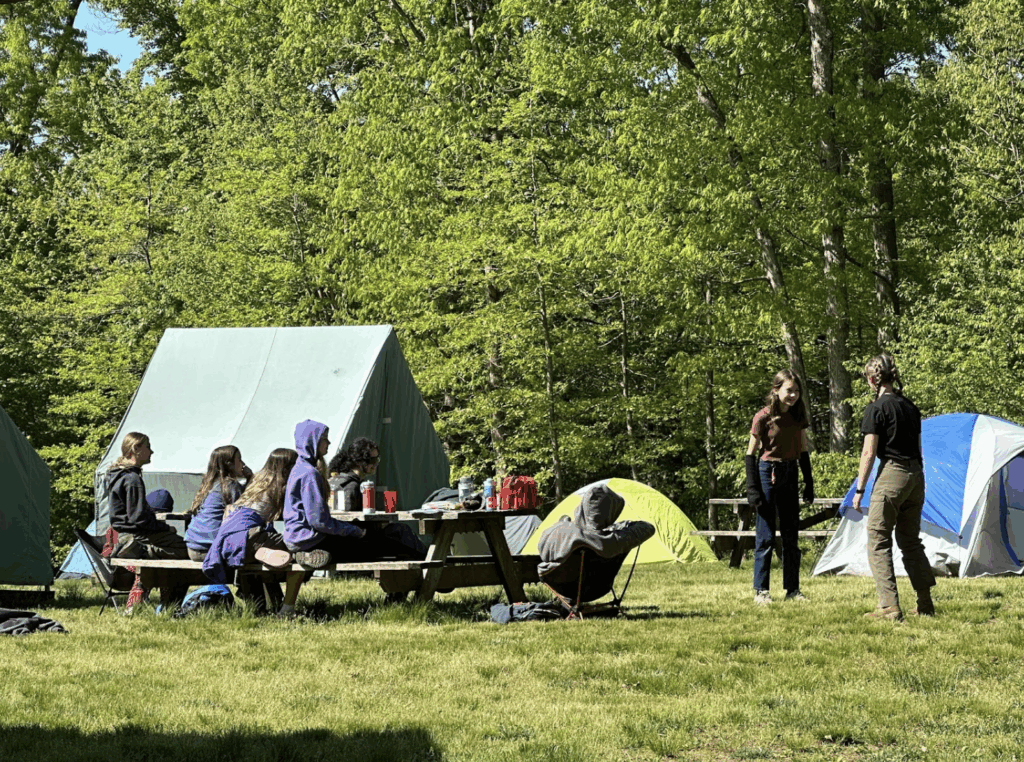
- List the seven priorities for survival in a backcountry or wilderness location.
- Describe ways to avoid panic and maintain a high level of morale when lost, and explain why this is important.
- Describe the steps you would take to survive in various conditions
- Put together a personal survival kit and be able to explain how each item in it could be useful.
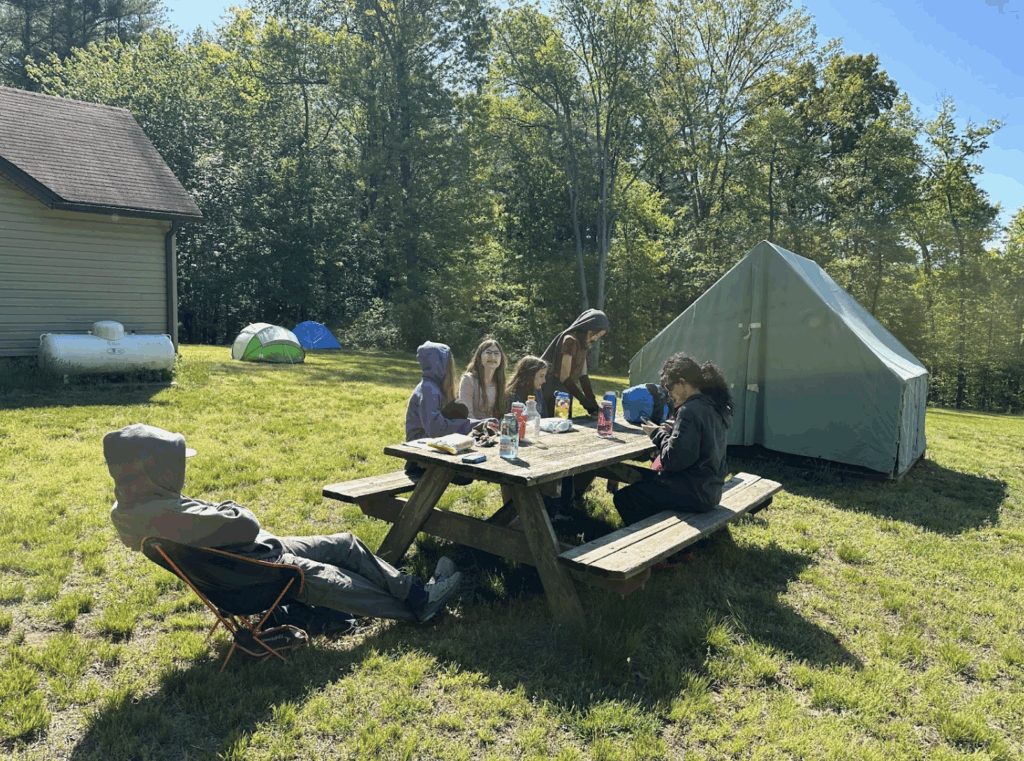
- Using three different methods (other than matches), build and light three fires.
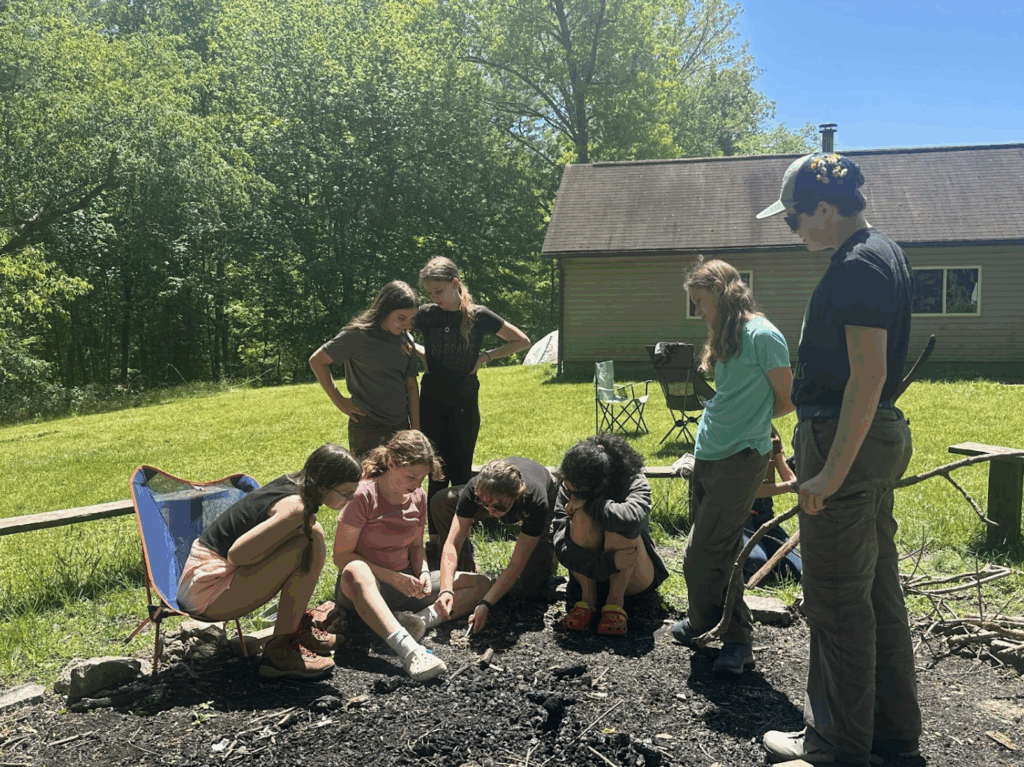
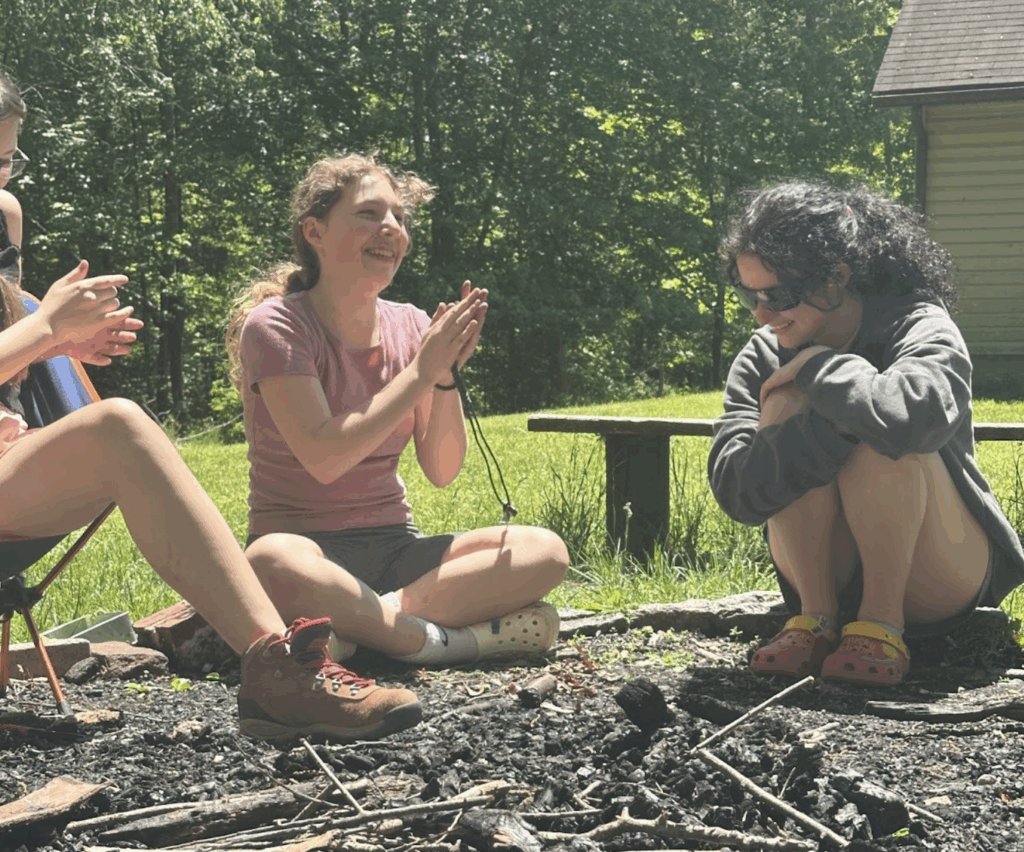
- Show five different ways to attract attention when lost, demonstrate how to use a signal mirror and describe from memory five ground-to- air signals and tell what they mean.
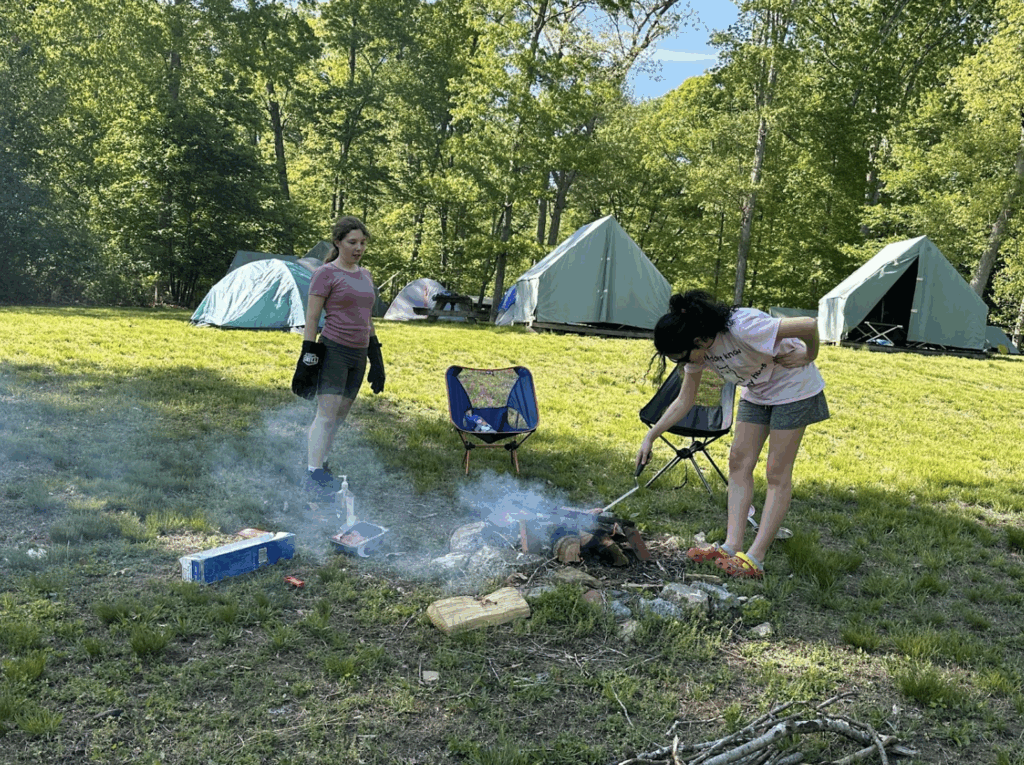
- Improvise a natural shelter and spend a night
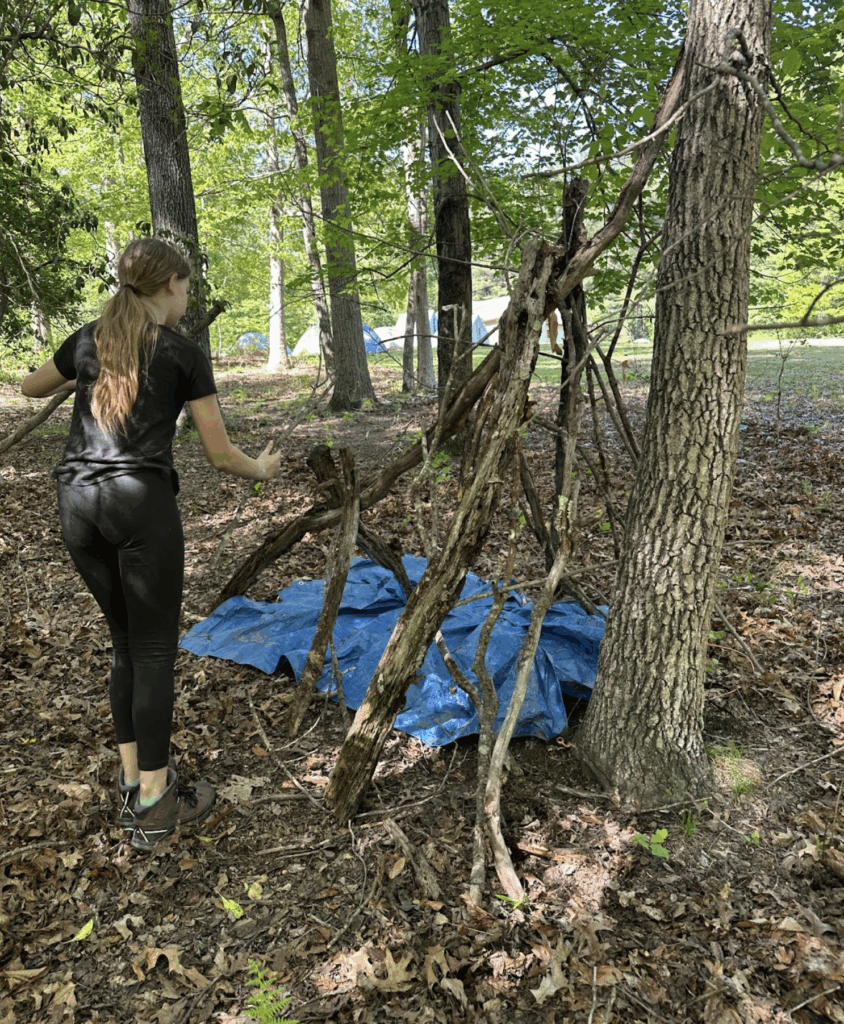
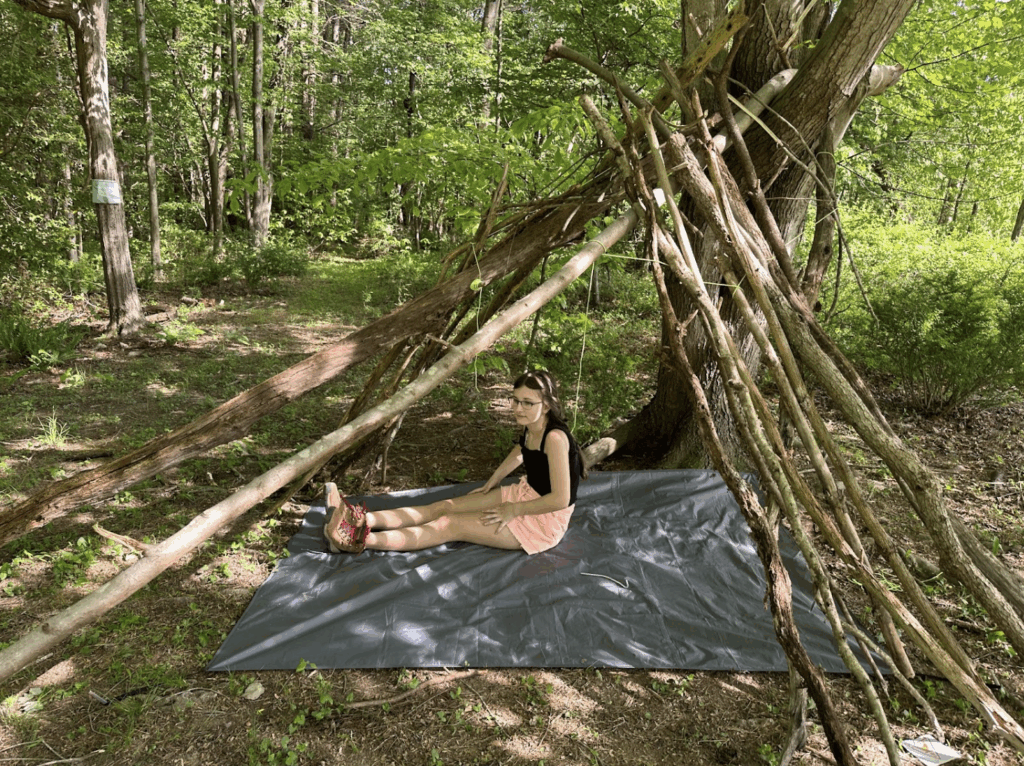
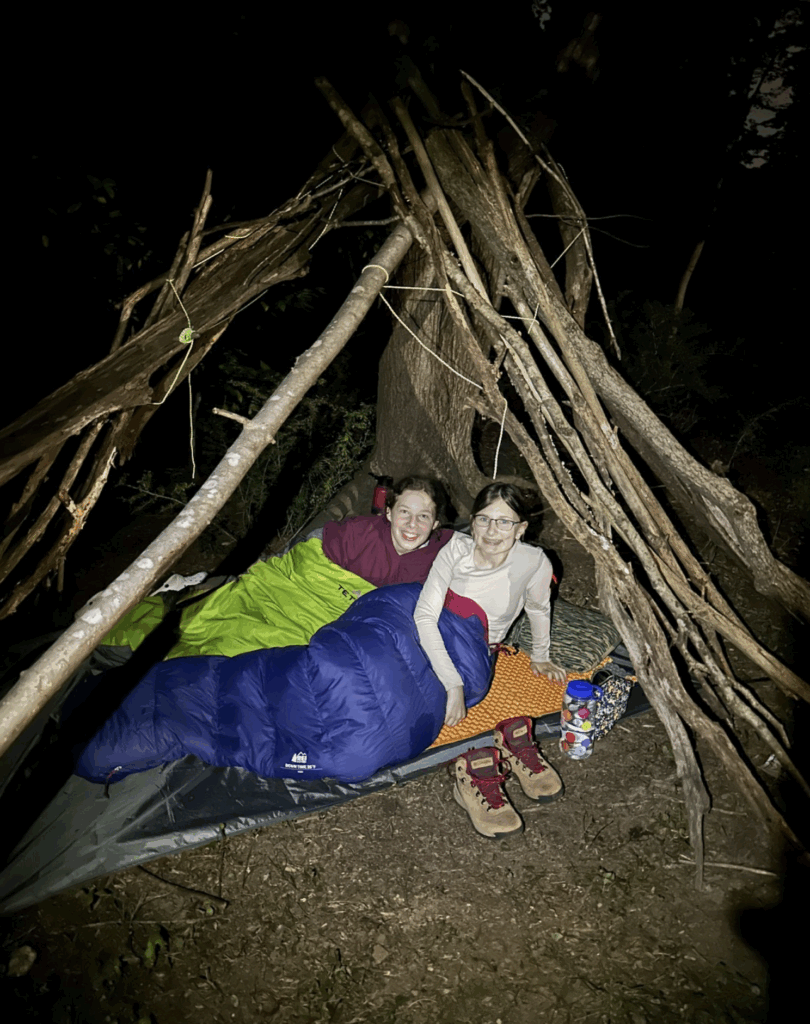
- Explain how to protect yourself from insects, reptiles, bears, and other animals of the local region.
- Demonstrate three ways to treat water found in the outdoors to prepare it for drinking.
- Show that you know the proper clothing to wear while in the outdoors during extreme conditions.
- Explain why it usually is not wise to eat edible wild plants or wildlife in a wilderness survival situation
Troop 1920 worked together as a team to make the weekend great and most importantly, SURVIVE!
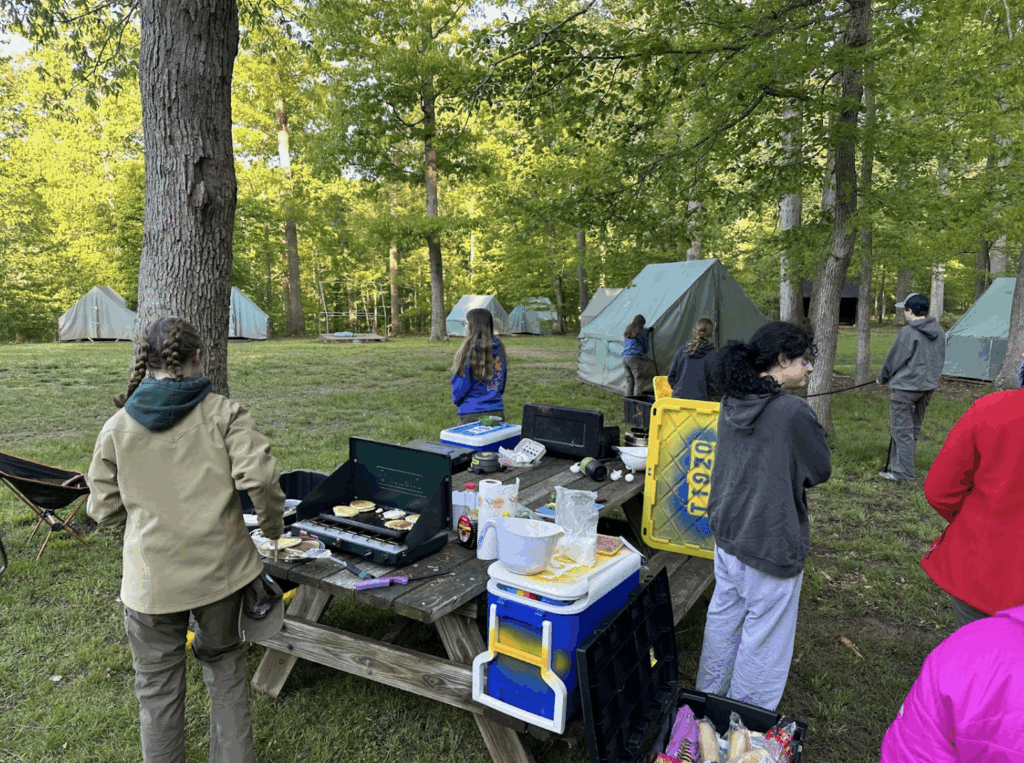
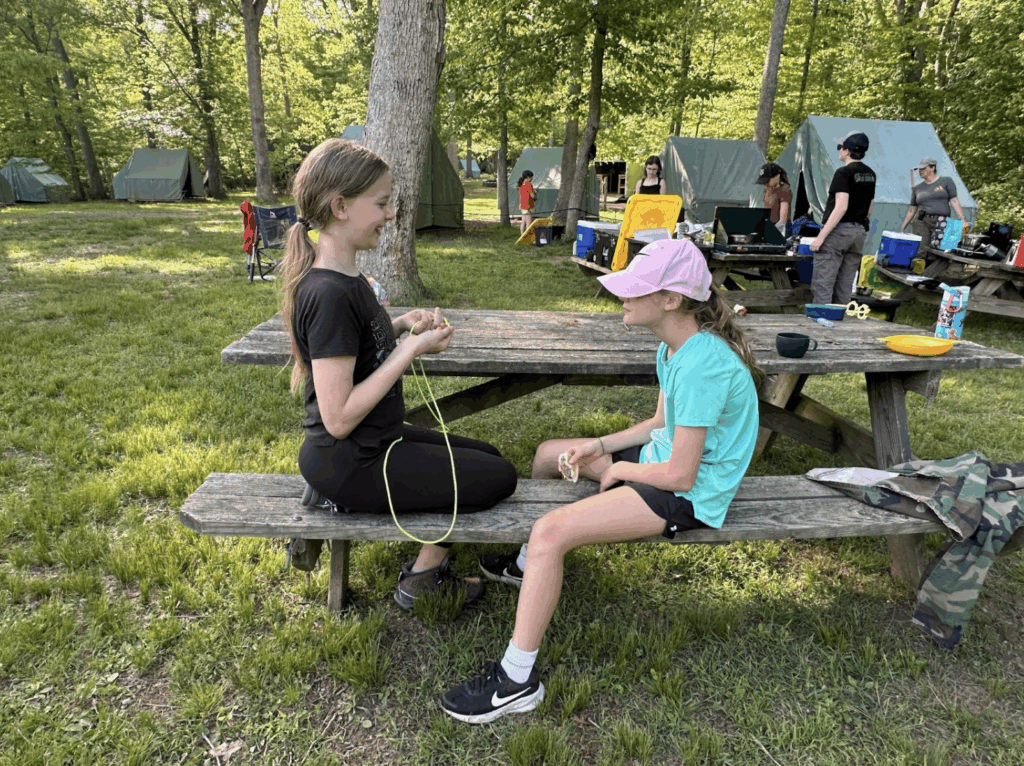
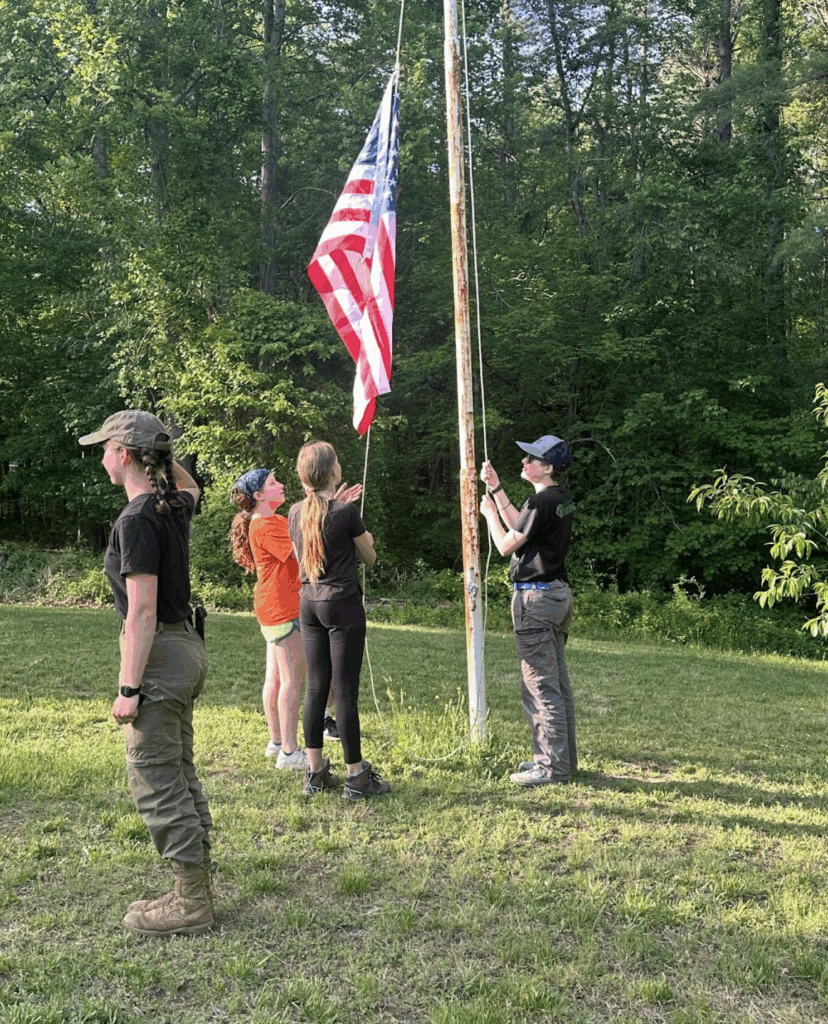
Some interesting survival facts:
Survival times
José Salvador Alvarenga was lost at sea and survived alone on a raft for 438 days and traveled more than 6,700 miles, Since his ordeal ended in 2014 he remains the record holder for longest lone survival stranded at sea
Aron Ralston lasted for 5 days with his arm crushed under a rock and only a 330ml bottle of water
Slavomir Rawicz walked for over 4000 miles to escape the occupation during WW2
Hugh Glass crawled for almost 200 miles after almost being killed by a bear attack, his story is the basis for the film “The Revenant”
Harrison Okene spent 60 hours more than 100 feet underwater after his ship sank upside down, trapping him in one of the cabins
Hopefully none of the members of Troop 1920 need to make this list!
Until our next adventure…